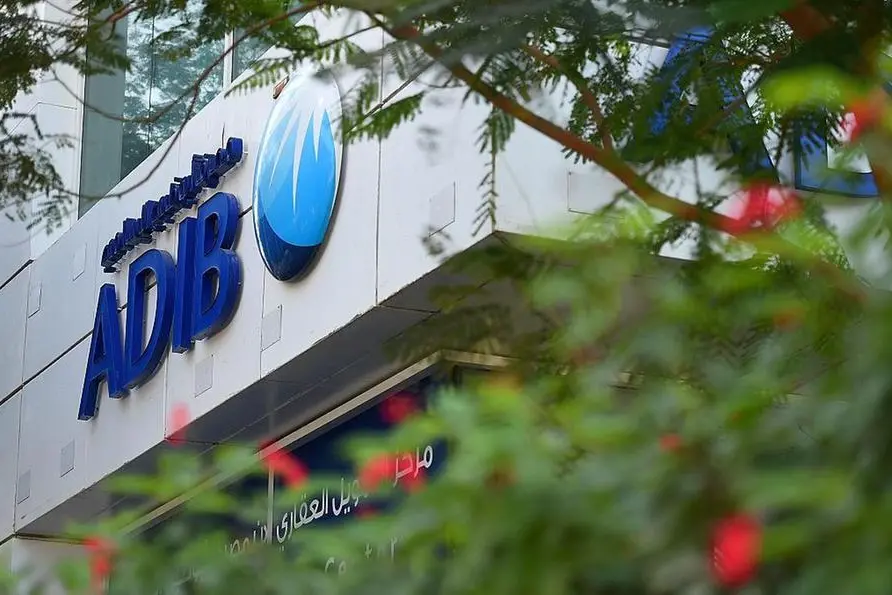PHOTO
UAE - Abu Dhabi Islamic Bank has committed to increasing its sustainable finance targets, enhancing its sustainable development journey, reaffirming its position as a responsible and forward-thinking financial institution.
Launching its Environmental, Social, and Governance (ESG) strategy outlining the bank’s sustainability agenda for the next three years, ADIB said it will focus on efforts to transition to a low-carbon economy as more companies seek to advance their corporate sustainability efforts through sustainable financing.
It also encompasses the Green, Social and Transition to low carbon economy requirement of customers including corporates, governments and consumers.
Islamic finance
Nasser Al Awadhi, Group CEO, ADIB said: “ESG principles are deeply rooted in Islamic finance, which emphasises sound governance, social justice, and environmental stewardship. As an Islamic bank, we take pride in our commitment to ethical finance, transparency, and sustainability.
“Aligned with the UAE's vision for a sustainable future, our three-year strategy aims to empower our customers to thrive in an increasingly responsible and conscientious financial landscape. We are dedicated to supporting them in harmonizing their ESG aspirations with their financial goals, guiding them on a transformative journey towards lasting success.”
ADIB's ESG strategy includes a number of measures that ensures the alignment of ADIB business model towards more sustainability. It is backed by a specific three-year action plan with clear targets and ambitions, to be implemented across all business lines within the Bank. In addition, the bank is also formulating its net zero targets and plans to publish net zero pathways focusing on reducing the emissions stemming from both its direct operational activities and its financing activities.
Key pillars
The three-year strategy is seamlessly integrated into ADIB’s sustainability policy framework, encompassing key pillars such as maximising positive impact, becoming a lifelong partner of customers, fostering a strong economic footprint, maintaining a people-centric organisational culture, upholding governance excellence and remaining a steadfast lifelong partner for communities.
This approach aims to embed sustainability and ESG principles into ADIB's core identity as an Islamic bank, showcasing its commitment to pioneering sustainable financial solutions and adeptly managing ESG and climate-related risks.
Additionally, it encompasses a wide range of key target areas and ambitions, including integrating ESG considerations into investment and finance decisions, finalizing a sustainable finance framework for green and sustainable products, reporting on ESG as per market and legal requirements, implementing an Emiratization strategy, developing financial inclusion policies and programs, integrating ESG into governance structures and culture, and promoting gender diversity and employee well-being.
Positive results
The rollout of the new strategy has already begun to yield positive results. ADIB’s S&P CSA score has more than doubled to reach 38 points, in Sustainalytics ADIB transitioned from a high to a medium risk position. This positions ADIB favourably among both local and international peers, while the bank continues to maintain an "A" rating from MSCI.
ADIB continues to engage in a well- balanced mix of sustainable financing deals across the markets in which it operates and across various sectors.
Copyright 2022 Al Hilal Publishing and Marketing Group Provided by SyndiGate Media Inc. (Syndigate.info).





















